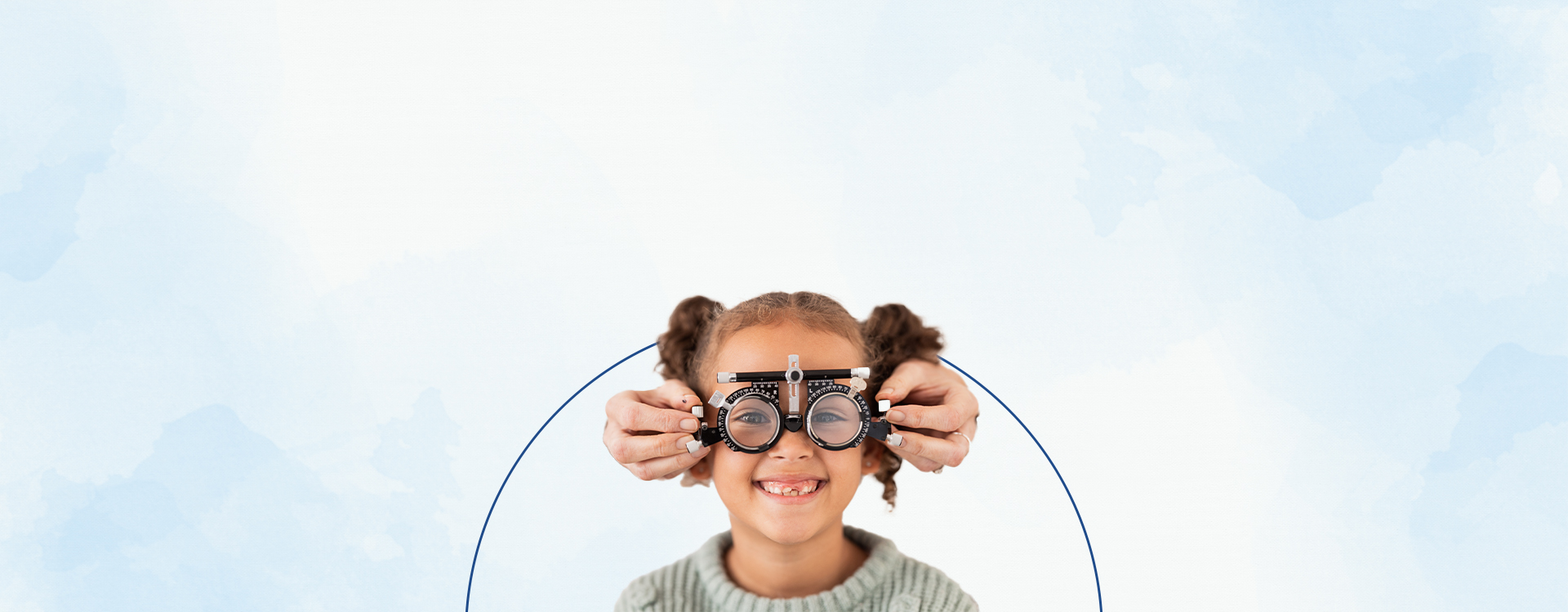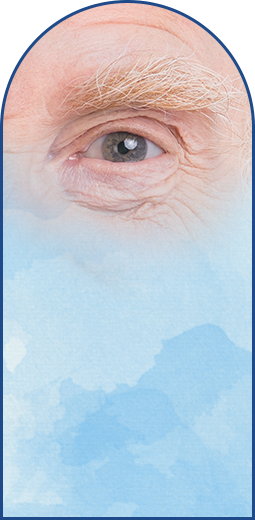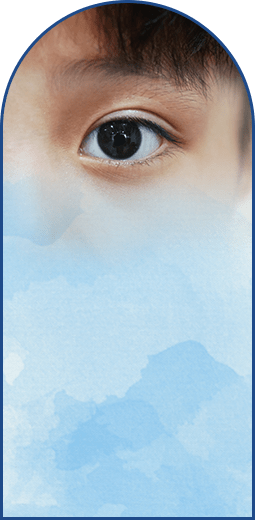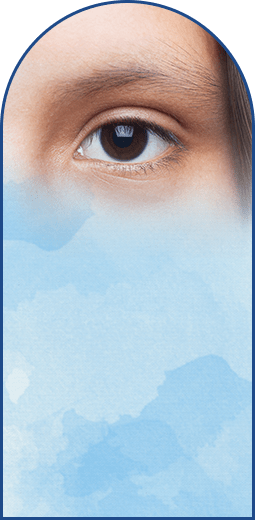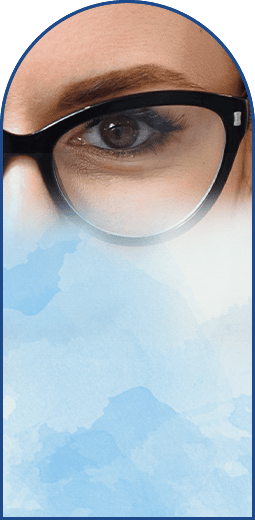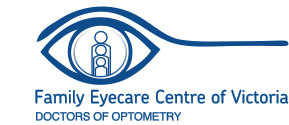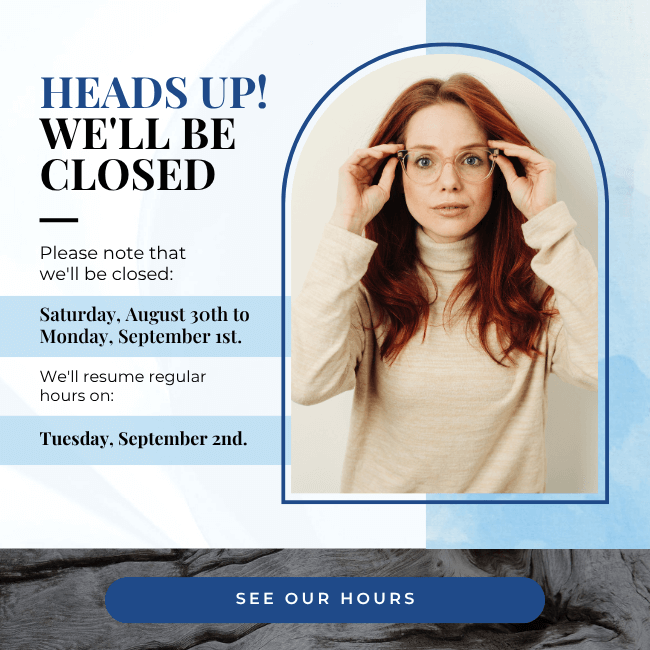Protect Your Child’s Vision: Start Slowing Myopia Progression Today
Does your child sometimes squint at the TV, struggle to see the board in class, or miss catching a fly ball? Nearsightedness (myopia) can create barriers for many kids.
But here’s the good news: we can help slow your child’s rapid vision changes.
Our team understands how important clear vision can be for your child’s confidence and development. We also know nearsightedness can progress over time and increase people’s risk of developing conditions that affect the entire eye, not just vision.
Myopia management is a proactive approach to slowing myopia progression and protecting your child’s future eye health. Book your child’s eye exam today to get started.
Book Appointment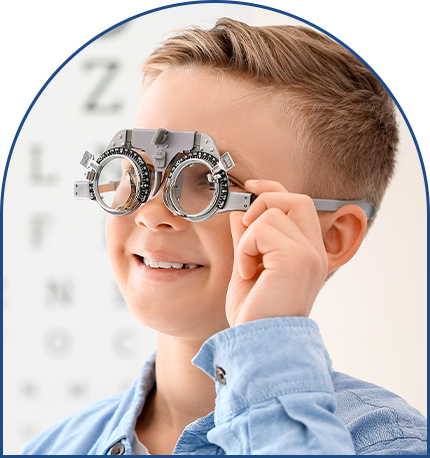
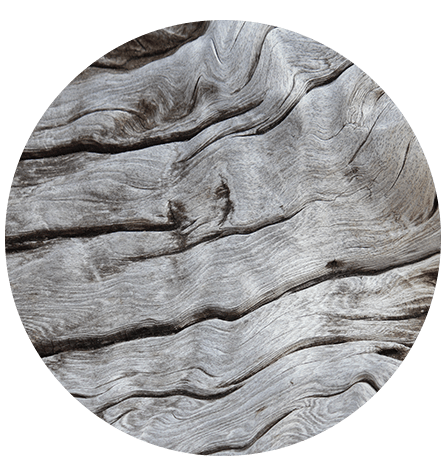
How Dr. LeRoy’s Personal Journey Inspires Our Approach
Dr. LeRoy, a nearsighted mom herself, knows firsthand the challenges kids face. She’s also seen the results of myopia management with her own son.
Our team is passionate about helping kids see their full potential. And we know the value of making it personal. We want to give your child the tools and treatments they need to be successful.
How Does Nearsightedness Cause Blurred Vision?
When you see an object, you’re really seeing light reflecting or bouncing off that object. That light enters the eye, and the eye and brain work together to create an image.
With myopia, the eye shape or front curve of the eye (cornea) is elongated, which means light may not correctly focus at the back of the eye, where light signals are converted into messages for the brain.
The longer the eye, the less clearly it may be able to focus light reflecting off objects that are farther away, making those distant objects appear blurry. As the eye tries to compensate for this poor focus, it can grow longer, worsening nearsightedness.
How Does Nearsightedness Affect Eye Health?
Nearsightedness usually develops during a child’s early school years. The rapid progression typically levels off once they reach their early 20s (when the eyes stop growing in length).
However, increased near-work activities (such as reading, studying, or screen time) can contribute to worsening myopia, which is why higher myopia is often linked to higher education. As the eye grows, tissue has to stretch. Over time, this can weaken eye structures, increasing the risk of developing sight-threatening conditions like cataracts, glaucoma, macular degeneration, and retinal tears or detachment.
How We Can Help Control Your Child’s Myopia
Good news: there’s a lot we can do to help protect your child’s vision. The key is to start early. We’re here to work with you to select a treatment that can slow down myopia and help keep your child comfortable.
Plus, we’ll share lifestyle tips that can benefit your child’s eyes and overall wellness. For example, simply spending more time outdoors and enjoying safe sun exposure may help delay myopia progression. So, letting them play or even read outside can be a win-win.
For treatment, we’ve got a few options to offer, like soft contact lenses, ortho-k overnight lenses, myopia control glasses, and atropine eye drops.
MiSight 1-Day Lenses
MiSight 1-day is a disposable, single-use soft contact lens for myopia management. The lens is designed to be easy to fit and comfortable for kids as young as 8. Like a multifocal lens, the lens design features 2 focusing powers: 1 for correcting blurry vision and 1 for slowing myopia progression.
Multifocal Contact Lenses
Multifocal soft contact lenses have multiple focus zones to help seamlessly redirect how light focuses inside the eye.
The lens usually has a bull’s eye design, with a centre zone that can correct blurred vision and an outer ring that refocuses peripheral (side) light to help stop the signals that stimulate eye growth.
Orthokeratology (Ortho-k)
Orthokeratology (ortho-k) involves wearing rigid gas-permeable lenses overnight.
These lenses help gently reshape the cornea (the front surface of the eye) while your child sleeps. They can remove the lenses in the morning and enjoy clearer vision throughout the day—no glasses or daytime lenses needed.
Myopia Management Glasses
Myopia management glasses use prescription lenses designed to help simultaneously correct blurred vision and slow myopia progression. The surface of the lens has a series of tiny, honeycomb-shaped mini-lenses that change how light focuses inside the eye.
We have ZEISS Myolens, Essilor Stellest, and HOYA Miyosmart lenses in our selection, each packed with innovative features. This means we can customoze your child’s glasses to match their lifestyle.
Atropine Eye Drops
Low-dose atropine eye drops can temporarily relax the focusing muscles in the eye, which can help prevent focusing fatigue. By giving the eye a break, atropine can help slow myopia progression.
The eye drops are usually prescribed for before-bedtime use, as atropine can cause temporary blurred vision.
Assessing & Monitoring Myopia
Corneal topography is a key part of our approach to monitoring myopia. It’s a noninvasive imaging test that lets us create a 3D map of the eye’s surface. We can capture in-depth details of the cornea (the transparent front of the eye), allowing us to customize your child’s contact lenses when we prescribe multifocal or ortho-k lenses.
Corneal topography also helps us keep an eye on any changes to the cornea over time, allowing us to assess eye health and cornea curvature.
Ask About Myopia Management Today: Book an Appointment
We understand that every child is different, and we’re here to help find an approach that works for your child. Starting myopia management early often means we can help open more doors for your child’s future while preventing high myopia from getting in the way of their success.
Let’s help your child see the world clearly—today and for years to come. Schedule your child’s appointment today.
Book AppointmentOur Services
Our Location
Our Address
- 749 Yates St.
- Victoria, BC V8W 1L6
Contact Information
- Phone: 250-383-2411
- Fax: 250-382-2444
- Email: info@familyeyecarecentre.com
Hours of Operation
- Monday: 8:00 AM – 5:00 PM
- Tuesday: 8:00 AM – 6:30 PM
- Wednesday: 8:00 AM – 5:00 PM
- Thursday: 8:00 AM – 6:30 PM
- Friday: 9:00 AM – 5:00 PM
- Saturday: 9:00 AM – 4:00 PM
- Sunday: Closed
Our Blogs
Helping Your Little One See Clearly: A Journey with Accommodative Esotropia
Children’s Eye Exams, Children’s Eye Health, Children’s VisionAs your little one grows, their world becomes full of amazing new things to see and explore. However, sometimes children face a challenge with their vision. One common condition is accommodative esotropia. Accommodative esotropia is when one or both eyes turn inward when focusing on nearby objects. This can make activities like reading or playing […]
Semaglutide (Ozempic) Use and the Risk of NAION: Understanding the Connection
Eye HealthSemaglutide, a glucagon-like peptide-1 receptor agonist (GLP-1 RA), has become a cornerstone treatment for managing type 2 diabetes and, more recently, obesity. Its ability to lower blood sugar levels, promote weight loss, and reduce cardiovascular risk has made it a popular choice among healthcare providers. However, as with any medication, semaglutide is not without potential […]
Helping Your Little One See Clearly: A Journey with Accommodative Esotropia
As your little one grows, their world becomes full of amazing new things to see and explore. However, sometimes children face a challenge with their vision. One common condition is accommodative esotropia. Accommodative esotropia is when one or both eyes turn inward when focusing on nearby objects. This can make activities like reading or playing […]
Semaglutide (Ozempic) Use and the Risk of NAION: Understanding the Connection
Semaglutide, a glucagon-like peptide-1 receptor agonist (GLP-1 RA), has become a cornerstone treatment for managing type 2 diabetes and, more recently, obesity. Its ability to lower blood sugar levels, promote weight loss, and reduce cardiovascular risk has made it a popular choice among healthcare providers. However, as with any medication, semaglutide is not without potential […]
Our Brands

